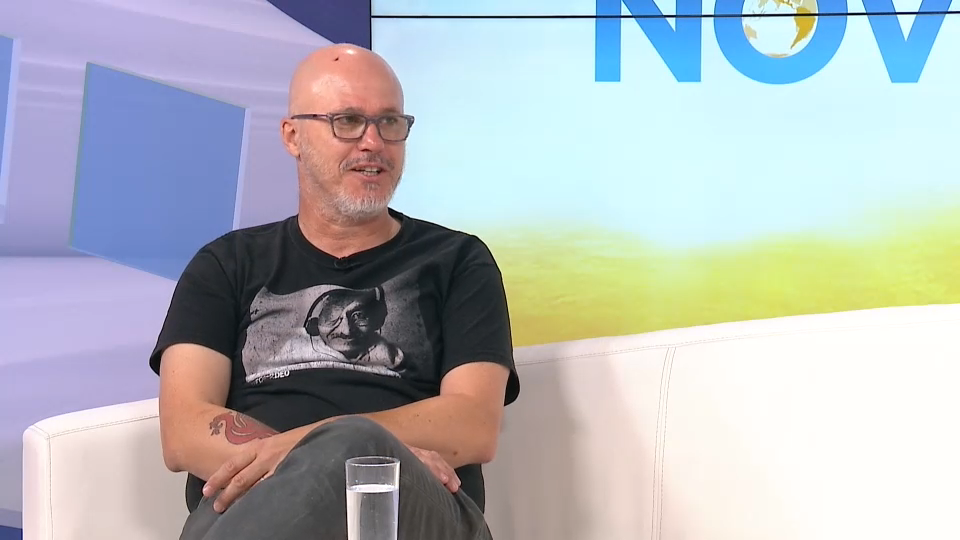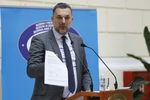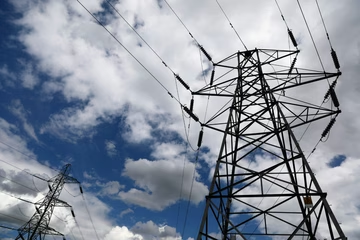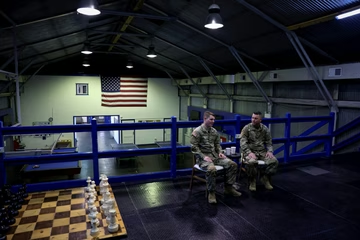Aleksandar Hemon: High Rep showed weakness, and BiH politicians recognised it

The recent outburst of the High Representative of the international community in Bosnia and Herzegovina, Christian Schmidt, was a “sign of weakness” that Bosnia’s politicians recognised, renowned Bosnian-American author, Aleksandar Hemon, told N1.
Oglas
While responding to a question by an N1 reporter on Wednesday, Schmidt, the international official tasked with overseeing the civilian implementation of the 1995 Dayton Peace Agreement, became visibly agitated as he denied allegations that he tried to impose electoral reform that would not take into account the rights of people who do not belong to the three major ethnic groups.
As he was giving his lengthy response, the German politician became increasingly louder and more aggressive, stressing that he has been trying to “unblock the country” and strongly criticising Bosnia’s political leaders for “playing the blame game.”
Hemon, who is currently in BiH for the 28th Sarajevo Film Festival, strongly criticised Schmidt’s behaviour, saying it shows that he is prone to caving under pressure.
"Our politicians have a certain amount of cunning”, Hemon said.
“In many other ways they are dumb, but they do recognise the weakness, dilemmas and cracks in his (Schmidt’s) armour. So it was a tactically wrong move," he said.
Hemon said that Bosnia’s political leaders have been perpetuating a narrative that it is impossible to change the situation in the country - “that everything is the way it is because we are the way we are.”
“Mr. Schmidt confirmed all that, he bought into that story - that they are what they are. His job as a diplomat is to find a way to break through that show and that screen on which they are being projected as unchanging, absolute and eternal," Hemon stressed.
The writer said he does not blame BiH citizens for the situation and the election results being more or less the same in every election.
"This is because the social system is stuck and the same people have been in power for 30 years,” he said, expressing hope that a younger generation of political representatives could “dismantle it in order to assemble something else.”
The only project politicians in BiH currently offer the citizens is the survival or the victory of the national (ethnic) group.
But this, he said, is not the essence of a society.
"Yugoslavia had many flaws, but it had a vision of a common future," he said, arguing that this is what BiH currently lacks.
Kakvo je tvoje mišljenje o ovome?
Učestvuj u diskusiji ili pročitaj komentare
Oglas
Kakvo je tvoje mišljenje o ovome?
Učestvuj u diskusiji ili pročitaj komentare
Oglas





 Srbija
Srbija
 Hrvatska
Hrvatska
 Slovenija
Slovenija



























































